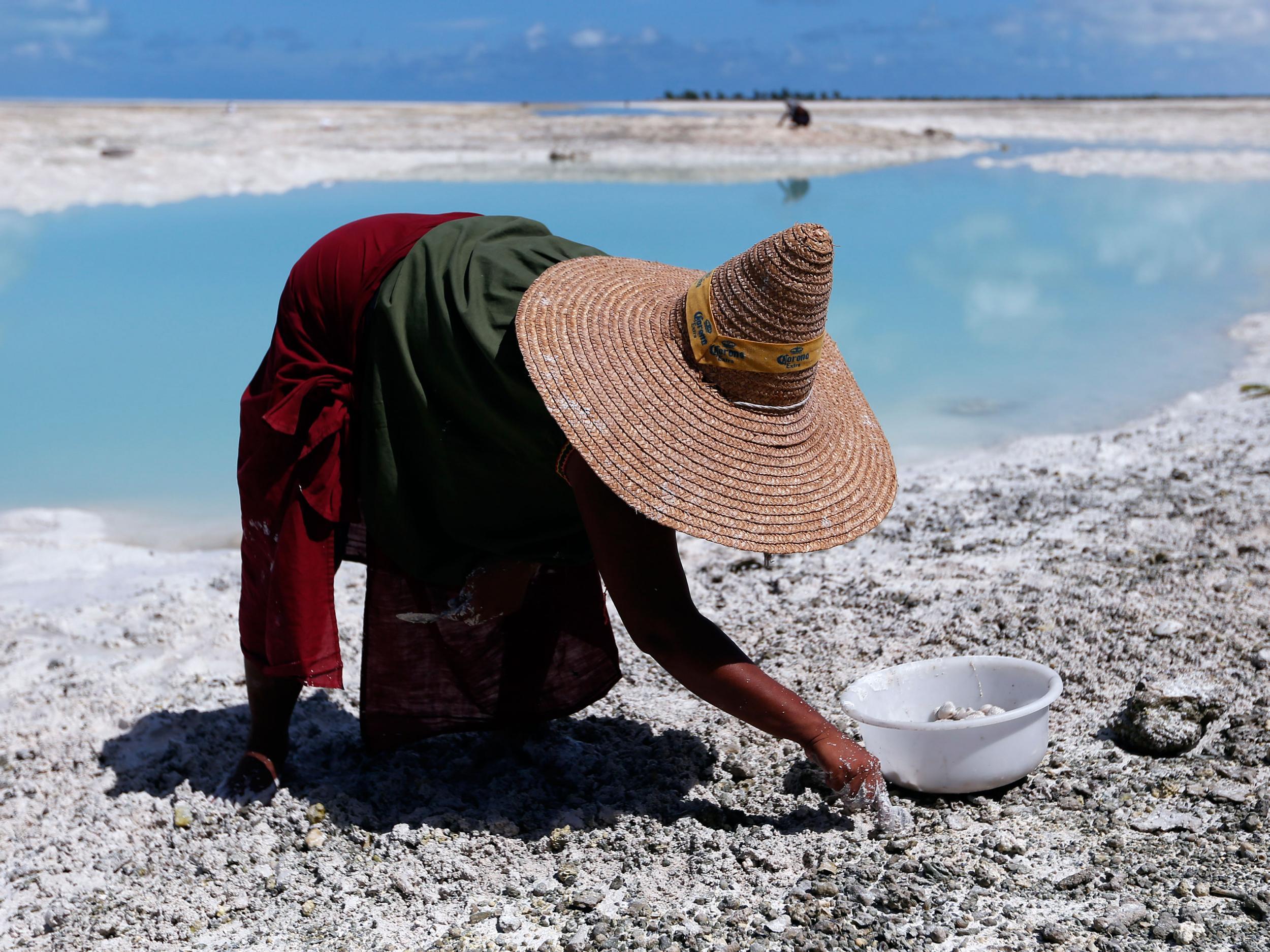How climate change will threaten food security of world's poorest countries
UK ranked as third least vulnerable country with island states the most likely to suffer

Your support helps us to tell the story
From reproductive rights to climate change to Big Tech, The Independent is on the ground when the story is developing. Whether it's investigating the financials of Elon Musk's pro-Trump PAC or producing our latest documentary, 'The A Word', which shines a light on the American women fighting for reproductive rights, we know how important it is to parse out the facts from the messaging.
At such a critical moment in US history, we need reporters on the ground. Your donation allows us to keep sending journalists to speak to both sides of the story.
The Independent is trusted by Americans across the entire political spectrum. And unlike many other quality news outlets, we choose not to lock Americans out of our reporting and analysis with paywalls. We believe quality journalism should be available to everyone, paid for by those who can afford it.
Your support makes all the difference.Some of the world’s poorest countries will be hit hardest as climate change affects marine fisheries all over the world, according to a new study.
The global fishing industry produces a total catch worth of about $90bn (£71bn) but the warming ocean temperatures are causing many valuable species to shift their usual ranges.
The potential for water to hit temperatures lethal to corals such as Australia’s Great Barrier Reef, which support vast amounts of other marine life, is a particular problem.
The researchers assessed 147 countries based on their vulnerability to the effect of future warming on fishing in their waters and their ability to cope with the changes.
The worst-affected countries were mostly small islands, with Kiribati, Micronesia, the Solomon Islands, the Maldives and Vanuatu making up the top five, according to a paper in the journal PLOS ONE.
However, large countries like China, in eighth place, Nigeria (15th) and Indonesia (26th) also featured high on the list.
Ireland was predicted to be the least vulnerable country in 147th place, followed by Chile, the UK, Iceland and Namibia, with the US in sixth.
The five worst-affected countries were given a “vulnerability score” that was eight to nine times higher than those at the bottom of the list.
Writing in the journal, the researchers warned that climate change’s effect on fisheries could harm food security, people’s livelihoods and public health – particularly in poor countries that are less able to cope.
“More than 87 per cent of least developed countries are found within the top half of the vulnerability index, while the bottom half includes all but one of the Organisation for Economic Co-operation and Development member states [wealthy countries],” they said.
“This is primarily due to the tremendous variation in countries’ adaptive capacity, as no such trends are evident from the exposure or sensitivity indices.”
And the countries that have done the least to cause climate change appear to be the ones that can expect their fisheries to be the worst affected by it.
“A negative correlation exists between vulnerability and per capita carbon emissions, and the clustering of states at different levels of development across the vulnerability index suggests growing barriers to meeting global commitments to reducing inequality, promoting human well-being and ensuring sustainable cities and communities,” the researchers wrote.
Join our commenting forum
Join thought-provoking conversations, follow other Independent readers and see their replies
Comments